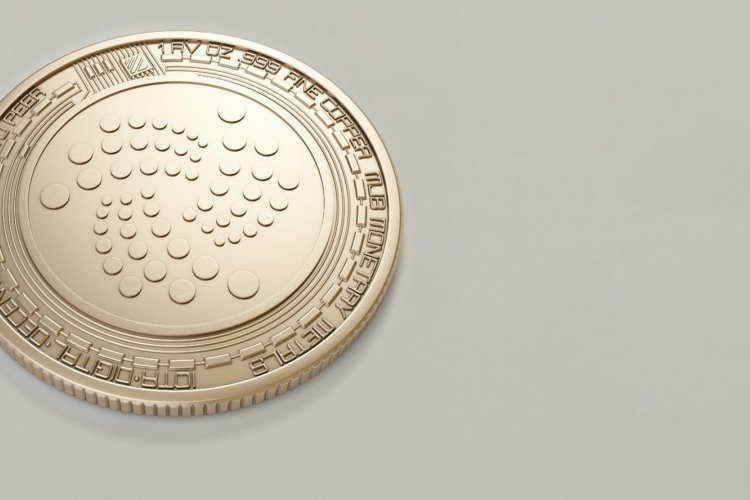Why are Young Chinese in Debt?
The financial burdens facing young Beijingers today are staggering to look at on paper. Statistics show that in 2021, young people under the age of 35 will generate 65% of China's spending growth. On the flipside, a recent survey shows that a whopping 86.6% of young Chinese people are in debt.
Why are so many young people in debt? To get a better picture of what’s driving those numbers, let’s dive into the spending habits of younger Beijing residents.

Are they lazier than older generations?
Okay, this one might not be so much laziness as it is young people are more attuned to what's convenient, and more willing to exploit said conveniences. Thanks to delivery services like Meituan and online shopping sites like Taobao, young people are opting for these services rather than paying visits to physical stores. "I could go and do a bit of grocery shopping, but I didn't feel like cooking, plus, I'd have to carry a bunch of heavy bags home" says one Beijinger when asked about why they like delivery services.
Indeed, figures reveal total spending for convenience by people aged 22-30 has increased more than 82% compared to last year, meaning this tendency could be becoming a trend.

More appreciative of pets, perhaps?
Many young Chinese are spending more on their pets. In fact, nearly half of pet owners in China are aged 22-31, see a pattern yet? Last year, Chinese spent about RMB 206.5 billion on pet-pampering alone. The pet market in China is fast growing and is projected to reach RMB 445.6 billion by 2023.
Plus, Beijingers are more likely to splurge more on their pets than themselves, like booking fancy hotels for them or getting them custom beds. “I've reserved a presidential suite for my cat before, which cost me about RMB 289 a night,” said one local resident.

More health-conscious?
More and more young people are spending large chunks of cash on healthcare products to save themselves from bad sleeping habits and a lack of exercise. Late-night binge-watching parties and munching on high calorie snacks has led people to seek out health products to counteract these bad lifestyle choices.
Moreover, younger generations are more likely to jump on the internet in search of health products. Popular Chinese search app 小红书 Xiǎo hóng shū boasts countless bloggers touting products such as gummies that are rich in collagen, nutritious jellies and probiotics to their followers. For many Beijingers, using healthcare products like these has become a long-term investment for their bodies. “It is important to take care of my body at an early age. I don’t want to wait until it's too late to do anything" one young Beijinger said.

More adventrous?
Last year, statistics showed that Beijingers took about 114 million vacations, spending RMB 139 billion in total on travel. Among them, the same 22-31 group has become the biggest spenders on trips. Many prefer to spend their money on weekend getaways in an attempt to make lifelong memories. Ctrip, a popular Chinese travel company, pointed out that its younger users are focused more on fun experiences and personalized tours. Ctrip also found the same group likes to visit the same places more than once.

Should young folks change their spending habits to save more? How are you managing your finances? What are some of your biggest spending habits, be they good or bad? Let us know in the comments!
READ: Beijing's New Rules for Scooters Are Now in Effect
Images: Dianping, Sina Weibo





